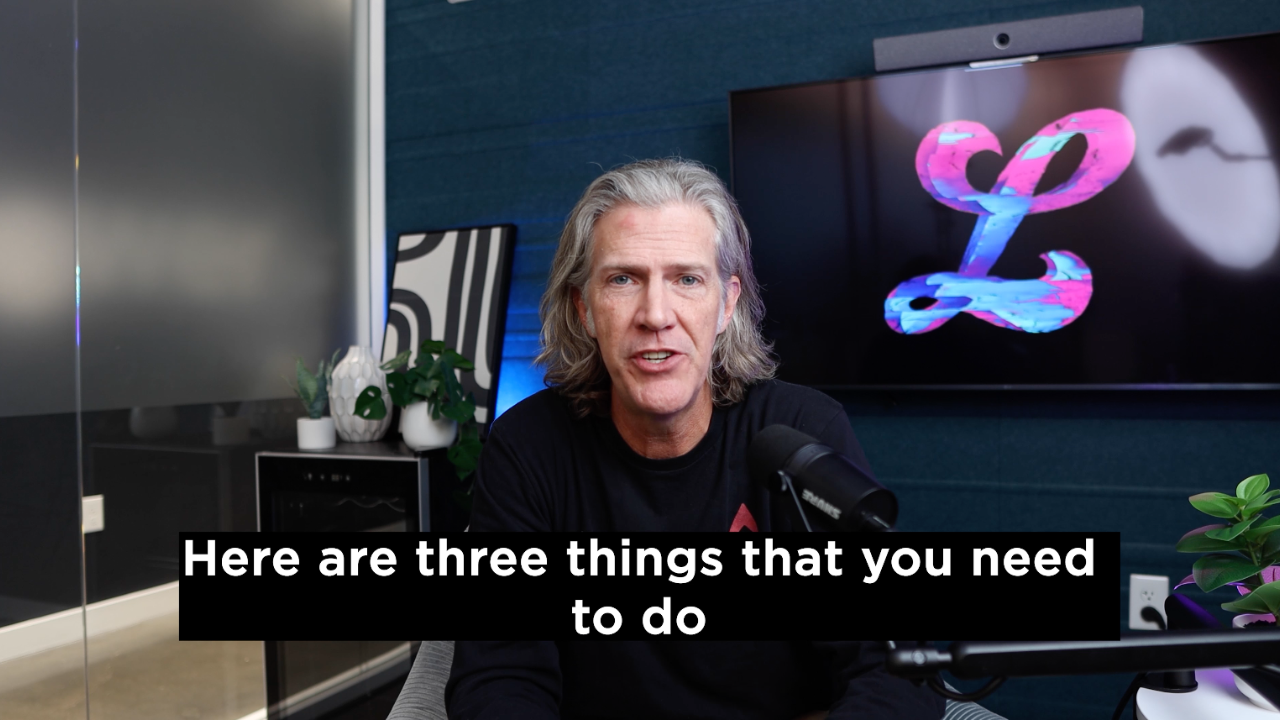Closing costs are one of the less-fun aspects of buying a home. They can vary widely and can be more difficult to understand than a straightforward down payment.
Today, we’re going to break down what closing costs are, how much you can expect to spend, and how you can prepare and save for them.
What's Included in Closing Costs?
Buying a home takes a village. Lenders, title search companies, real estate agents, insurers, surveyors, and appraisers all play a role in the transfer of real property. Let's take a closer look at what goes into closing costs.
Attorney and title fees (review contracts, title searches, and more)
Buying a home may be the largest financial commitment that you make. It's key to building your family's financial stability. You'll need someone whose job it is to have your back as you move through the sale, and that's your real estate attorney.
Your attorney or title company (depending on your state) will know which steps to take to protect your investment - such as a title search - to ensure you have hassle-free, legal ownership of the property.
Closing fee
Also known as an escrow fee, this is paid to an attorney or title company finalizing the paperwork for the sale to go through. The seller may agree to cover this one.
While the true cost of escrow fees depends on the escrow company and the location of the home, the average cost is about 1% – 2% of the purchase price of the home.
Loan origination fees
Loan origination fees cover the cost of processing and underwriting your loan. This fee goes to your lender in exchange for underwriting your loan and creating your loan paperwork. Expect to pay about 1% of your loan's value in origination fees.
Along with mortgage discount points, this will show up under Origination Charges on your Loan Estimate.
Escrow
Escrow is used to temporarily hold a buyer’s earnest money (or good faith deposit), which demonstrates your seriousness in following through with the purchase of the home.
After the purchase is complete, escrow may also be used to hold a portion of your monthly mortgage payment, which is then automatically put toward the payment of taxes and insurance.
How much you pay into your escrow account each month will vary depending on the amount you pay for your property taxes and homeowners insurance each year.
You can expect to pay about 1/12th of the total cost of your annual property taxes and insurance each month to keep your escrow account funded.
Title Insurance
Title Insurance protects the lenders and buyers against any discrepancies in the prior owner's title, which could be detected after the closing phase.
Title insurance varies widely based on where you live, how much your home is worth and how much you’re borrowing. The title insurance fee is typically $2.75 per $1000 up to $100,000 and $1.75 per $100 up to $1,000.
Negotiables
There is the option to pay "points" up front to decrease your interest rate. One point equals 1% of the loan. Paying 1–2% in points is a way to decrease your monthly mortgage payment, but it does add to your upfront costs.
The loan origination fees are usually lower than 1% and cannot be rolled into the loan. There's a break-even point to consider: does it make sense for you to pay the money up front in order to save down the road? Or are assets tight right now, and you can afford the monthly payment?
Real estate commission
Most real estate agents make money through commissions. Their commission is usually a percentage of the property's selling price, although it can also be a flat fee.
At 5%–6% of the property's price, this fee may be negotiable, and most times is paid by the seller. This is typically rolled into the home’s closing costs.
Are there any ways I can reduce closing costs?
Keeping a sharp eye on the bottom line makes great sense.
Your lender legally must disclose your loan estimate, a document that lists the closing and loan fees, within three days of your application.
Then, three days before your closing date, your lender will provide the final closing and loan costs.
Details matter: compare the estimate with the final disclosures and question any significant changes.
There are other strategies that will hold down costs.
Here are a few more tips for savvy homebuyers to save on closing costs:
- If the seller is willing, push the closing date to the end of the month during negotiations to avoid daily interest fees.
- For your mortgage, shop around for a lender with competitive rates and/or flexible fees. Compare their estimated closing costs.
- Be sure your mortgage has an option to pay ahead without a penalty: in the long term, paying more towards the principal of your mortgage will save you interest over the life of the loan.
- Make a down payment of at least 20%, if you are able, to avoid private mortgage insurance.
- If the house has been on the market for some time, consider negotiating for the seller to cover more closing costs or even lower the purchase price.

















.svg)
.svg)

.svg)













